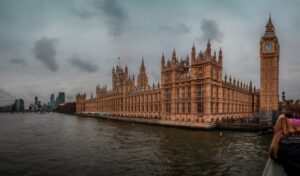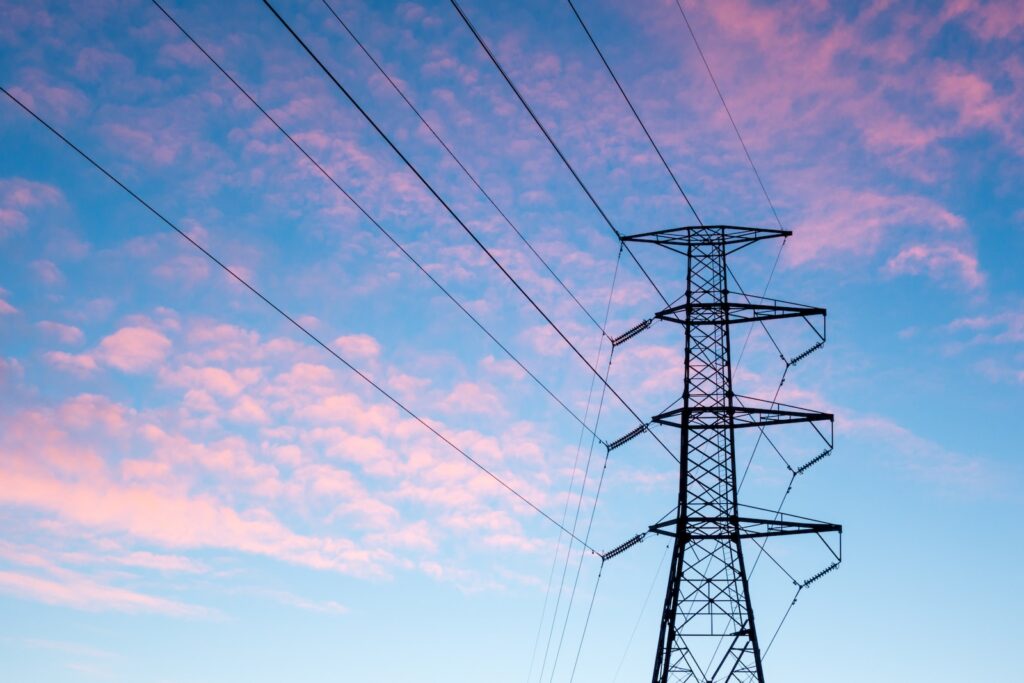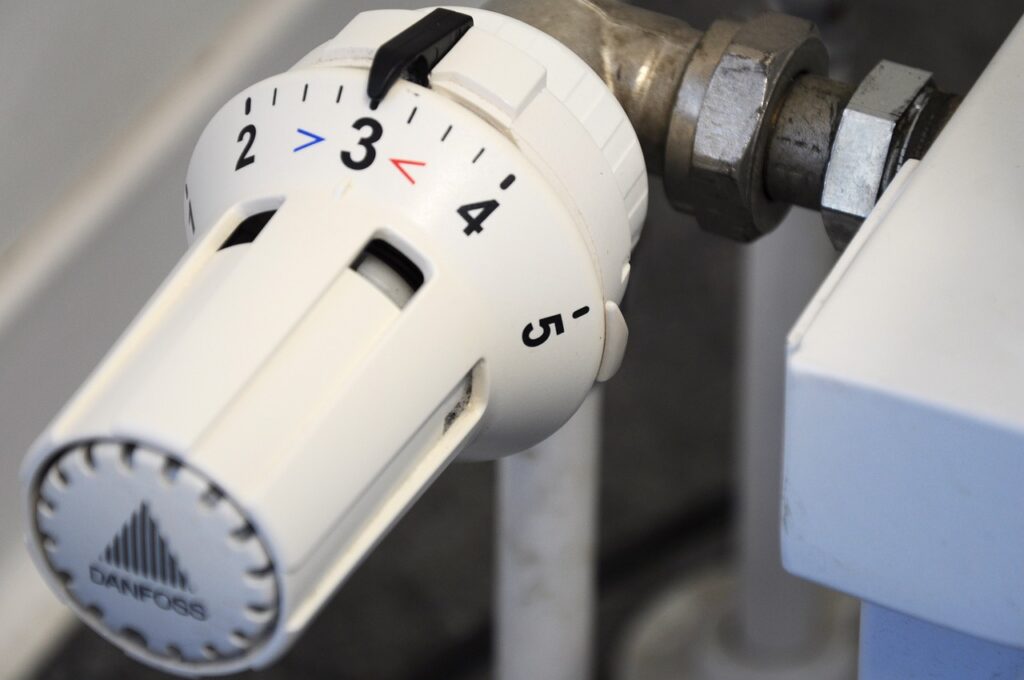Feature: Enough already. End the wait. Insulate.
 Polly Billington, Chief Executive of UK100, is calling for an energy efficiency drive and reform of the UK’s energy markets to protect households from rising energy bills.
Polly Billington, Chief Executive of UK100, is calling for an energy efficiency drive and reform of the UK’s energy markets to protect households from rising energy bills.
In Liz, we (didn’t) Truss after all. And after another circus of a leadership contest, Conservative Party MPs have decided that Britain is now Ready for Rishi. Will the decision finally bring unity to the governing party? Who knows. The rest of us can but look on as the latest power struggle engulfs the government.
That’s if households can take a moment away from worrying about a different kind of power altogether; the expensive kind that heats our homes and is reportedly in short supply.
The average family will see their energy bill rising beyond £4,000 next year. And that’s after they’ve navigated a bleak winter of fuel poverty and the prospect of rolling blackouts.
Against that backdrop, national energy policy is a mess of u-turns on u-turns, another leadership contest, a Net Zero strategy deemed unlawfully inept, an Energy Price Guarantee partially rescinded, an Energy Security Bill delayed, and a mini-budget exploded.
The seeds of the crisis were laid long before the current energy chaos, however. Yes, the mini-budget crashed an already fragile post-Covid economy. Yes, the war in Ukraine is having a profound impact on energy prices across the world. But there are also some simple, self-inflicted reasons why Brits are amongst the hardest hit by the energy crisis.
Leaky homes
Ultimately, we’re paying the price of successive governments kicking the can down the road on making our homes fit for the future.
My colleagues across the UK100 network must be sick of me repeating it ad nauseam, but the cheapest energy is the energy we don’t use. Yet we Brits are stuck with some of the draughtiest homes in Europe.
Imagine if radiators across Britain kicked out five-pound notes instead of warm air, we’d be sitting helplessly watching wads of cash escaping through our roofs, windows, doors and walls every day this winter. We’re wasting vast amounts of money and energy.
That doesn’t mean we should all stop cooking or sit shivering in cold, dark homes. It means there is an overgrown energy efficiency nettle that urgently needs grasping.
It needn’t have been this way. We did have a thriving energy efficiency industry in Britain. But support for it was derided as ‘green crap’ and axed in 2013. Today, the draughtiest homes are paying the price of that decision to the tune of £1,000 and rising.
Creaky grid
To make matters worse, not only are we wasting energy on a massive scale, a creaking power grid and outmoded energy market are stifling our potential to produce and manage homegrown clean energy. And it’s households, again, that are paying the price.
At its birth, the best part of a century ago, a centralised power grid made sense. But gone are the days when Nottinghamshire’s ‘Megawatt Valley’ delivered a quarter of England and Wales’ energy needs.
Today, rather than distributing energy produced in concentrated regions, we need a system that recognises towns and cities across Britain have unique energy needs and differing capacities to produce homegrown electricity.
As Ofgem says, new local power grids are ‘critical’ for reducing household energy bills and weaning Britain off expensive gas imports, as they can reduce the need and cost of expanding grid capacity. That means connecting new electric vehicle charging points and heat pumps, for example, to the grid would be easier and less expensive.
Yet the distribution network operators (DNOs) in charge of grid connections make a meaningful part of their return from building new and additional capacity, resulting in the risk of a potential conflict of interest. And a disincentive to building the localised and optimised energy systems we need as cost-effectively as possible.
And then there’s the absurdities of the UK’s energy market itself, where the price of the most expensive energy source sets the wholesale price for electricity.
At the moment, 100% renewable energy consumers are still at the mercy of the volatile international gas markets despite renewable energy sources in the UK being up to nine times cheaper than gas.
So what should the new Prime Minister do to address the crisis?
I have previously argued that, of all the u-turns and backtracks, the Energy Price Guarantee row back is the one that offers a real and golden opportunity to lean into a change of course that invests in a long-term plan to bring bills down permanently. The reasons are two-fold.
End the wait. Insulate.
The first cold economic reason is that the tens of billions saved by halting the universal energy price guarantee in April could be better invested in turbo-boosting a national energy efficiency drive alongside direct bill support targeted to the most vulnerable.
Estimates vary, but most sources agree that a concerted energy efficiency drive will permanently save households between £300 and £1,000 on their bills. And suffice it to say, the more energy costs, the bigger the savings will be for better-insulated households.
And with more social housing tenants in poverty and more levers available to local and regional leaders over social housing, we’re advocating a locally-led strategy to target those most in need and make social homes affordable to run and rent.
Homeowners who can pay for energy efficiency upgrades are wary of doing so until they are confident there are tradespeople who know what they are doing. The market is underdeveloped, while the skilled workforce is too small to support an uptick in demand.
A social-housing first strategy will help build market and supply chain confidence while growing a skilled workforce. It can be a springboard for a wider energy efficiency drive.
A giant LAEP forward
The second reason is a key element of the Energy Price Bill survived the recent cull; namely, the positive recognition that Britain’s energy market needs reform and gas and electricity prices need to be decoupled.
However, while the ends are good, the new Prime Minister should redesign the means. The decision to make the decoupling temporary through a mechanism that punishes investment in renewable energy generation is short-sighted at best.
On further reform, Ofgem launched a ‘call for input’ on reorganising the energy system. In our response, we made it clear that local and regional authorities should be empowered to develop a balanced energy system which combines a mix of large-scale power generation with local decentralised energy systems.
Local Area Energy Planning (LAEP) is crucial because energy is a cornerstone of economic development and plays a significant role in shaping towns and cities. Local leaders are closest to their residents. They understand what needs to change to make the system work for the people and businesses in their communities. They need to be part of the process.
But the Government remains all but silent on the role of local authorities in making the power grid fit for the future. The new Prime Minister has a chance to work more closely with local leaders.
The future is local
They are, after all, the key to an effective energy efficiency drive too.
Local and regional leaders have a proven track record in delivery, including the Green Home Grant Local Authority Delivery Scheme. And we know, from talking to the UK100 network, they are ready to play their part. They can deliver at scale and pace while, as the PwC has argued, ensuring the best value for money.
But they can’t do it alone. They will be looking to the new Prime Minister for support.
And with that in mind, UK100 is hosting a Tackling the Energy Price Crisis summit in November to bring local authorities together to make an offer to the new Prime Minister to work together to take urgent action to avert another winter like this one.
Photos by Benjamin Elliott, Nikola Johnny Mirkovic and ri


















